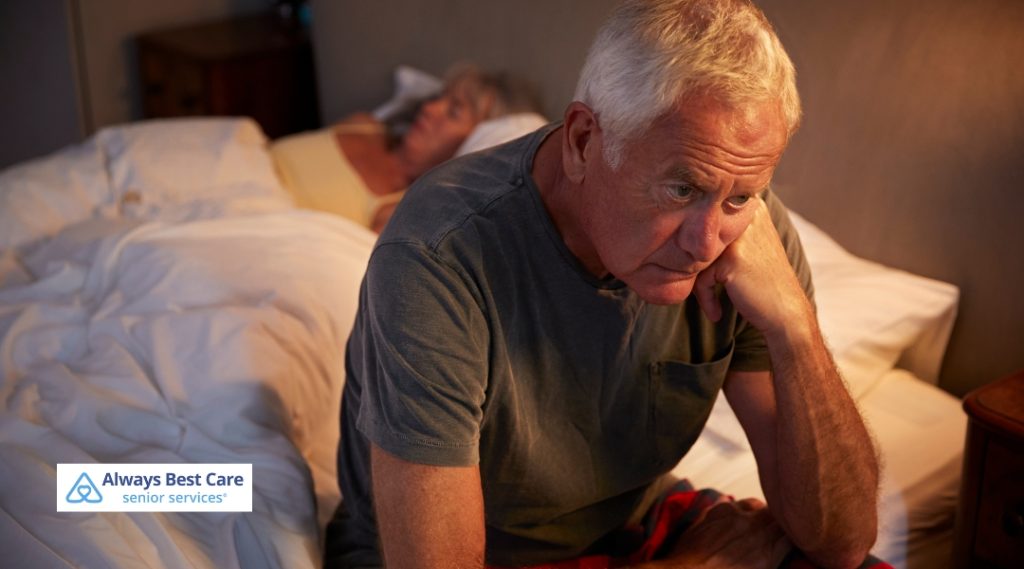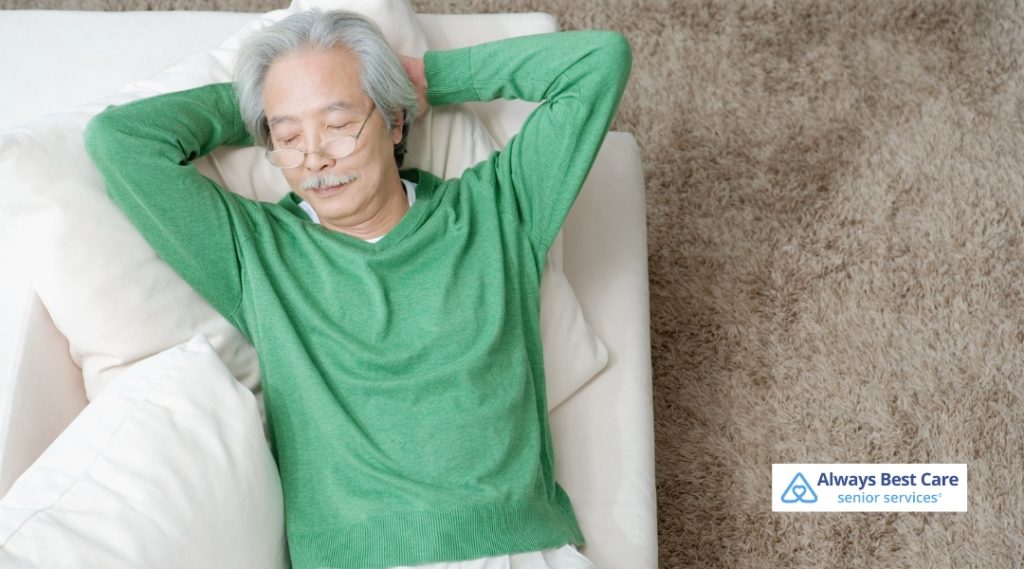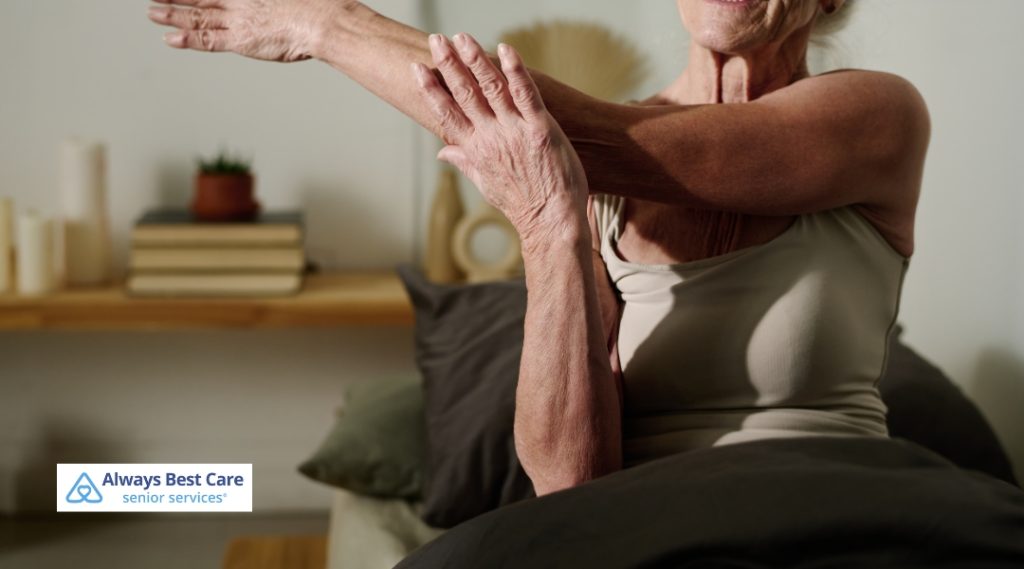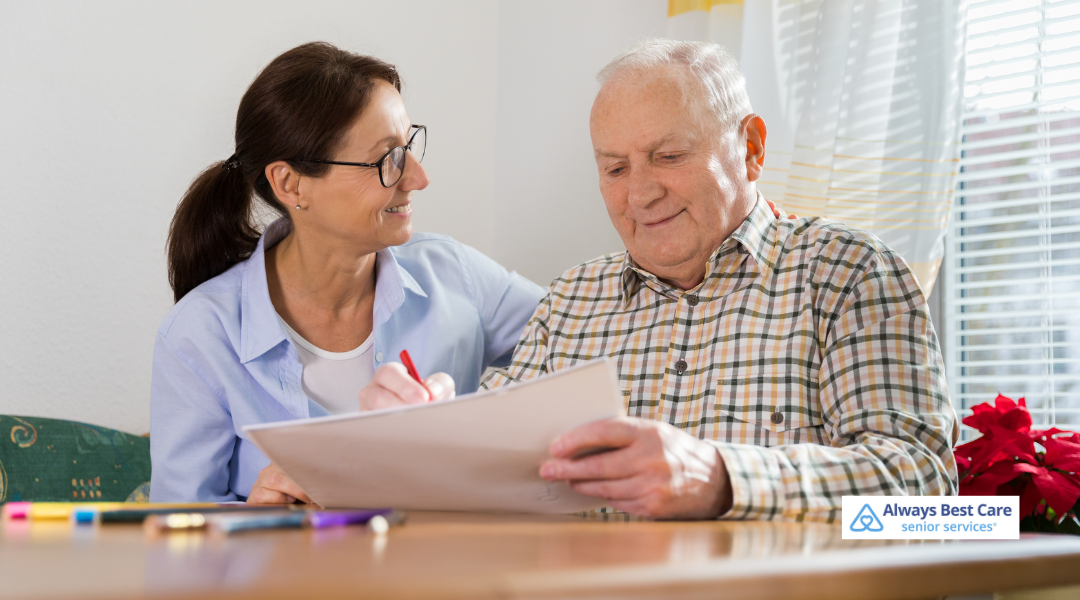Restful Sleep Tips for Seniors in Lexington, KY: Conquer Insomnia Naturally

As we age, sleep doesn’t always come as easily as it used to.
If you’re a senior in Lexington struggling to get the rest you need, you’re not alone. Insomnia can become more common as we get older, and it can make everything from getting through the day to enjoying life feel much harder.
While prescription medications may seem like a quick fix, many seniors are looking for natural, effective ways to conquer insomnia.
If you’re ready to get better sleep, we’ve got you covered with some tried-and-true tips to help you sleep better—no pills required.
Table of Contents
Why Do Old People Sleep So Much?
You may have noticed that seniors tend to sleep more during the day. But why is that?
As we age, our sleep patterns change. Seniors often experience more fragmented sleep, which means they spend less time in the deeper stages of sleep and may wake up frequently during the night.
To make up for this, seniors tend to nap more during the day.

4 Common Causes of Insomnia in Seniors
- Health Issues: Conditions like arthritis, heart disease, and diabetes can cause discomfort and make sleep a challenge. Chronic pain, in particular, can keep you awake at night, tossing and turning.
- Medications: Some medications, like those for blood pressure or pain, can interfere with sleep. Always check with your doctor if you think your meds might be the culprit.
- Lifestyle Choices: Habits like drinking too much caffeine or alcohol, irregular sleep schedules, or too much screen time before bed can disrupt your natural sleep rhythm.
- Stress and Anxiety: Worries about health, finances, or family can keep your mind racing, making it hard to wind down. That’s why relaxation techniques are so important.
Creating a Sleep-Friendly Environment in Lexington, KY
If you want to sleep better, your environment plays a big role. Seniors in Lexington, KY, should consider making their bedrooms rest havens. Here’s how:
- Keep It Cool and Comfortable: A cool room is ideal for sleep, usually between 60-67°F. This helps regulate your body temperature and allows you to fall asleep faster.
- Minimize Light and Noise: A dark room is best for sleep, so try blackout curtains to block out streetlights or early morning sunshine. White noise machines can help drown out distracting sounds.
- Pick the Right Mattress and Pillows: A mattress that’s too soft or too hard can disrupt your sleep, as can pillows that don’t provide proper support for your neck and head. Invest in a comfortable setup for better rest.

4 Lifestyle Changes to Combat Insomnia Naturally
Sleep doesn’t just depend on your environment—it’s also about your daily habits. Making small changes to your lifestyle can help you sleep like a baby. Here’s what you can do:
- Stick to a Sleep Schedule: Try going to bed and waking up at the same time every day, even on weekends. This helps regulate your body’s natural circadian rhythm, making it easier to fall asleep and wake up.
- Be Active During the Day: Regular physical activity can make it easier to sleep at night. Just make sure to avoid vigorous exercise too close to bedtime—gentle stretches or yoga before bed are perfect.
- Avoid Stimulants: Caffeine, nicotine, and alcohol are all stimulants that can interfere with sleep. Try to cut back, especially in the afternoon and evening.
- Limit Naps: Though naps are great for recharging, long naps during the day can interfere with your ability to sleep at night. If you do nap, try to keep it short—20 to 30 minutes is ideal.
The Role of Diet in Promoting Better Sleep for Seniors
What you eat can have a significant impact on your ability to fall and stay asleep. Certain foods can help promote sleep, while others can keep you up at night.
Foods That Help:
Snacking on foods that are rich in magnesium or tryptophan can help your body relax. Think about a small handful of almonds, a banana, or a bit of turkey before bed. These foods promote sleep by boosting melatonin production.
Foods to Avoid:
Steer clear of heavy meals and spicy foods right before bed—they can cause indigestion or discomfort that’ll keep you awake. Also, limit caffeine and alcohol, as both can disrupt your sleep cycle.

Relaxation Techniques and Sleep Hygiene Tips
Relaxation is key to falling asleep faster. Seniors who struggle with insomnia should incorporate relaxation techniques into their bedtime routines. Here’s how:
- Deep Breathing: Simple breathing exercises can help calm your mind and body. Try breathing in for four counts, holding for seven, and exhaling for eight. This trick, known as the 4-7-8 method, can help signal to your body that it’s time to relax.
- Progressive Muscle Relaxation: Start from your toes and work your way up, tightening and then releasing each muscle group. This helps release physical tension and prepare your body for sleep.
- Meditation or Mindfulness: Even just five minutes of meditation before bed can help calm an anxious mind. Guided meditations or mindfulness exercises can help clear away the mental clutter of the day.
FAQs
1. How can I improve my sleep naturally?
Stick to a sleep schedule, avoid stimulants, create a comfortable sleeping environment, and try relaxation techniques before bed.
2. What foods help with sleep?
Foods like bananas, almonds, and turkey are rich in melatonin and magnesium, both of which help promote sleep.
3. How much sleep do seniors need?
On average, seniors need about 7-8 hours of sleep per night. If you’re not getting enough, try incorporating healthier sleep habits into your routine.

Conquer Insomnia and Enjoy Restful Sleep in Lexington
If you or a loved one are struggling with insomnia and need extra support, we are here to help. Contact Always Best Care of Lexington at (859) 305-0060 to schedule a care consultation and learn how our in-home care services can improve your quality of life. A restful night’s sleep is just a call away.





